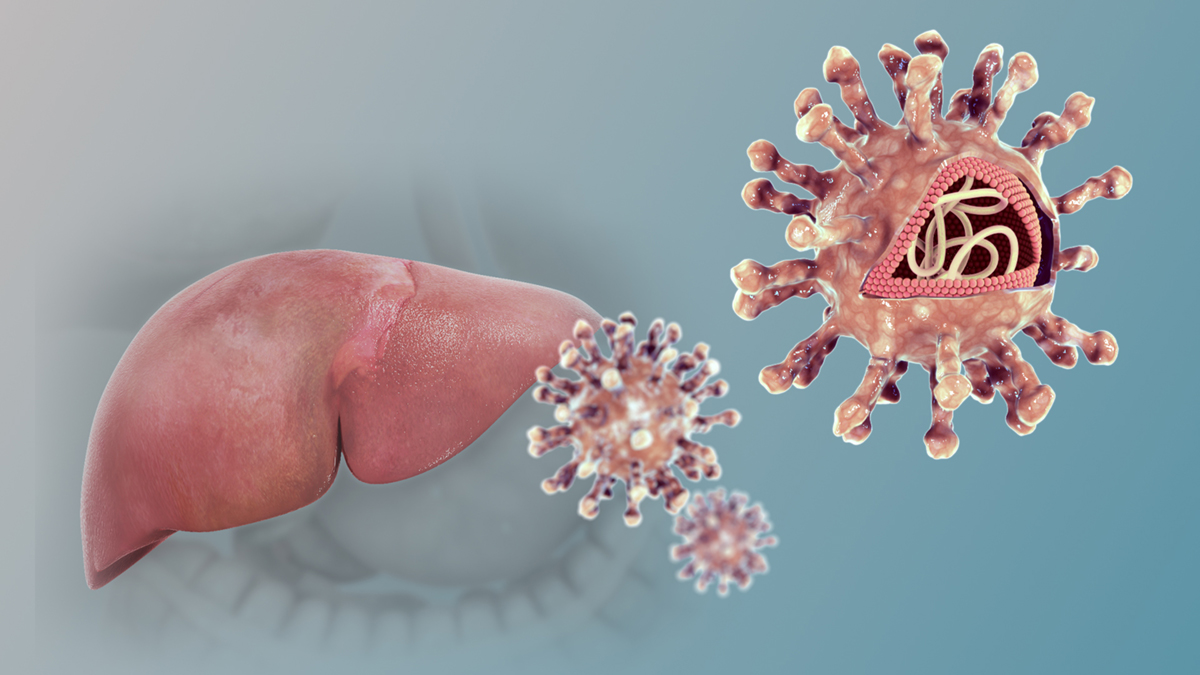
About Hepatitis B
Hepatitis B is a liver infection caused by B type of hepatitis virus. It can be acute (patients fully recover) but in some patients the condition progresses and becomes a chronic problem eventually causing liver cirrhosis, liver failure or liver cancer. Infants and children are more susceptible to a chronic form of the infection. Unfortunately there is no cure for hepatitis B. However, there is a vaccine that provides with suitable protection against the virus. The vaccine is usually administered to people who are exposed to the virus and if there is a chance of viral transmission.
Hepatitis B develops 2-3 months after the exposure to the virus. Symptoms and signs of the infection include abdominal pain, joint pain, dark urine, loss of appetite, nausea and vomiting. Patients are weak and may complain of fatigue. Jaundice is another characteristic of the disease that points to inflammation of the liver cells.
Hepatitis B virus is transmitted via blood, semen or other bodily fluids. Once the virus enters the body it reaches the liver and starts multiplying inside the liver cells causing damage and all the symptoms and signs of the infection. In many cases the virus is transmitted during unprotected sexual contact. It can also be transmitted by sharing needles or during accidental needle sticks if the needle has previously been used by someone suffering from hepatitis B. And finally, the virus can spread from a pregnant woman to her baby.
Therapy for Hepatitis B
There are several treatments for hepatitis B depending on whether the condition is acute or chronic. Treatment for acute exposure to the virus also differs.
If one has been exposed to hepatitis B virus he/she should consult a doctor immediately. By receiving an injection of hepatitis B globulin within 24 hours after the exposure the person can be protected against the virus.
Acute hepatitis B infection may not require treatment. If treatment is necessary it is generally symptomatic (its goal is to reduce symptoms and signs of the infection). Follow-up blood tests are recommended. This way the doctor will have an insight in whether the virus has left the body or the condition has developed into a chronic form.
And finally, patients suffering from chronic hepatitis B may need to take antiviral medications. These drugs reduce replication of the virus and subsequently reduce damage to the liver. In case of severe damage and the onset of cirrhosis and liver failure patient's only option is liver transplantation. Patients suffering from chronic hepatitis B must be regularly monitored since they are prone to liver cancer.
















Your thoughts on this
Loading...